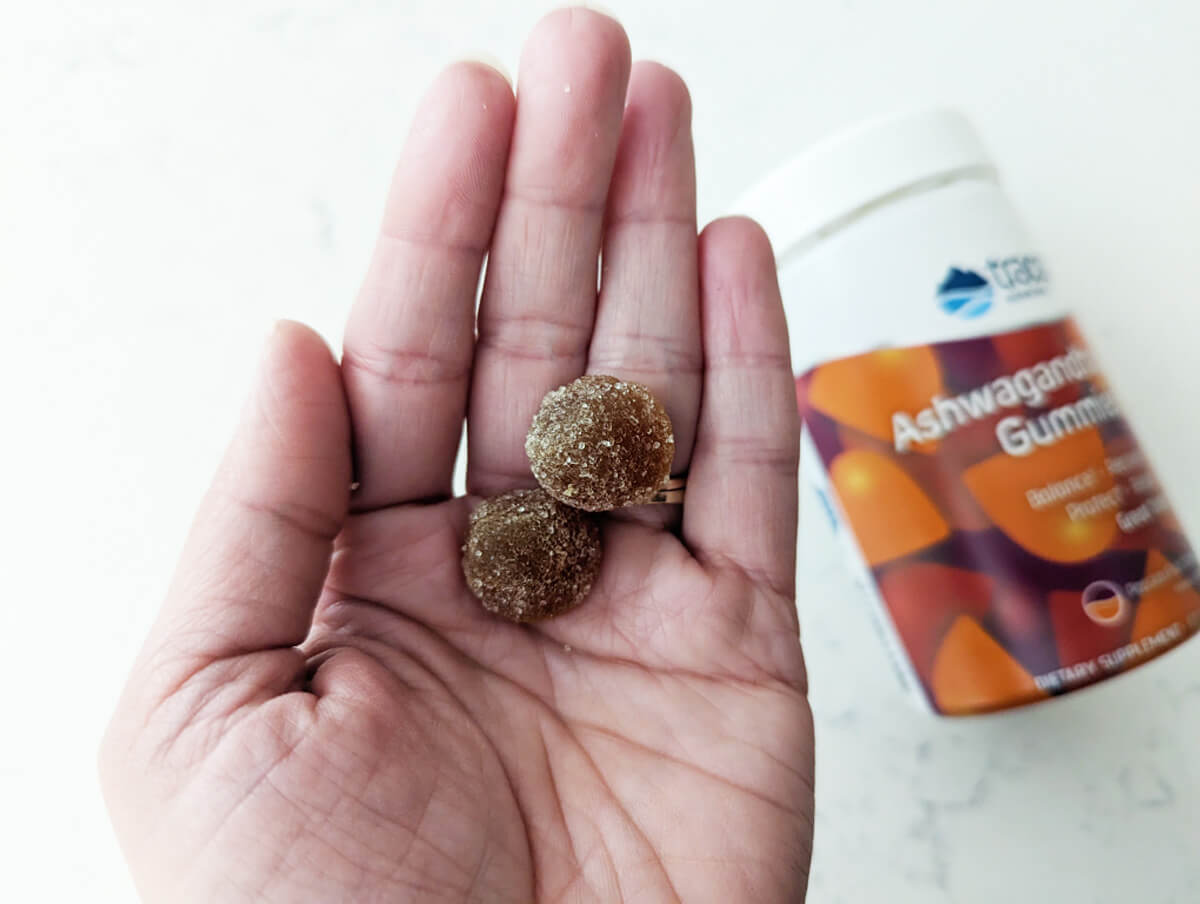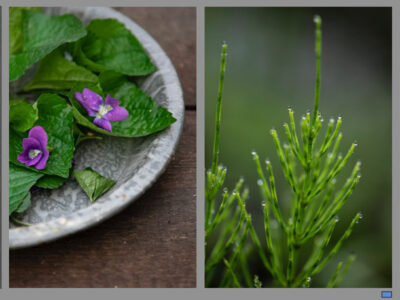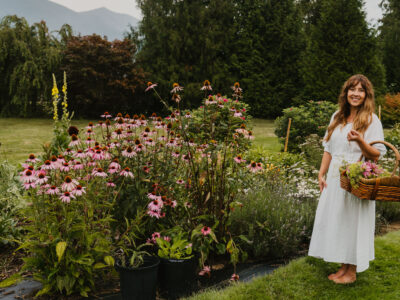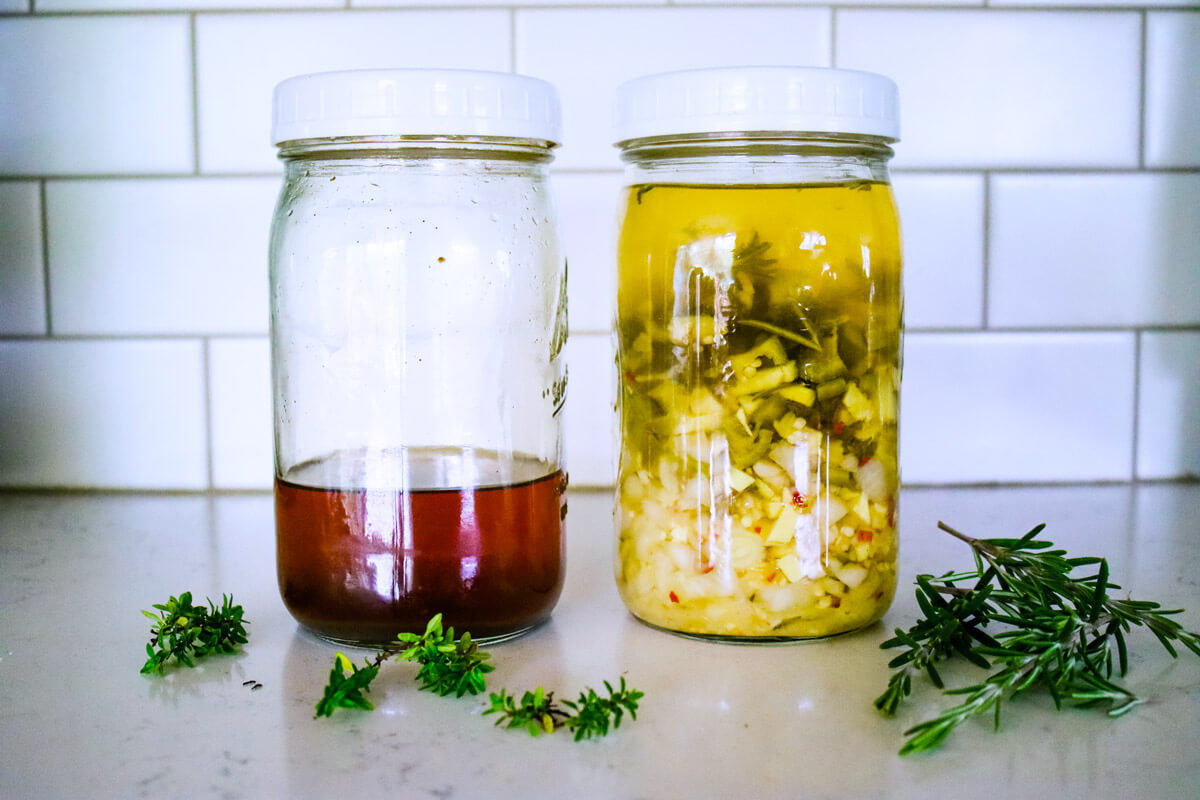What is an adaptogen? Learn about adaptogen herbs and how they can be used to help support your body on a daily basis, including what adaptogens to use, where to find them, and how to use them.
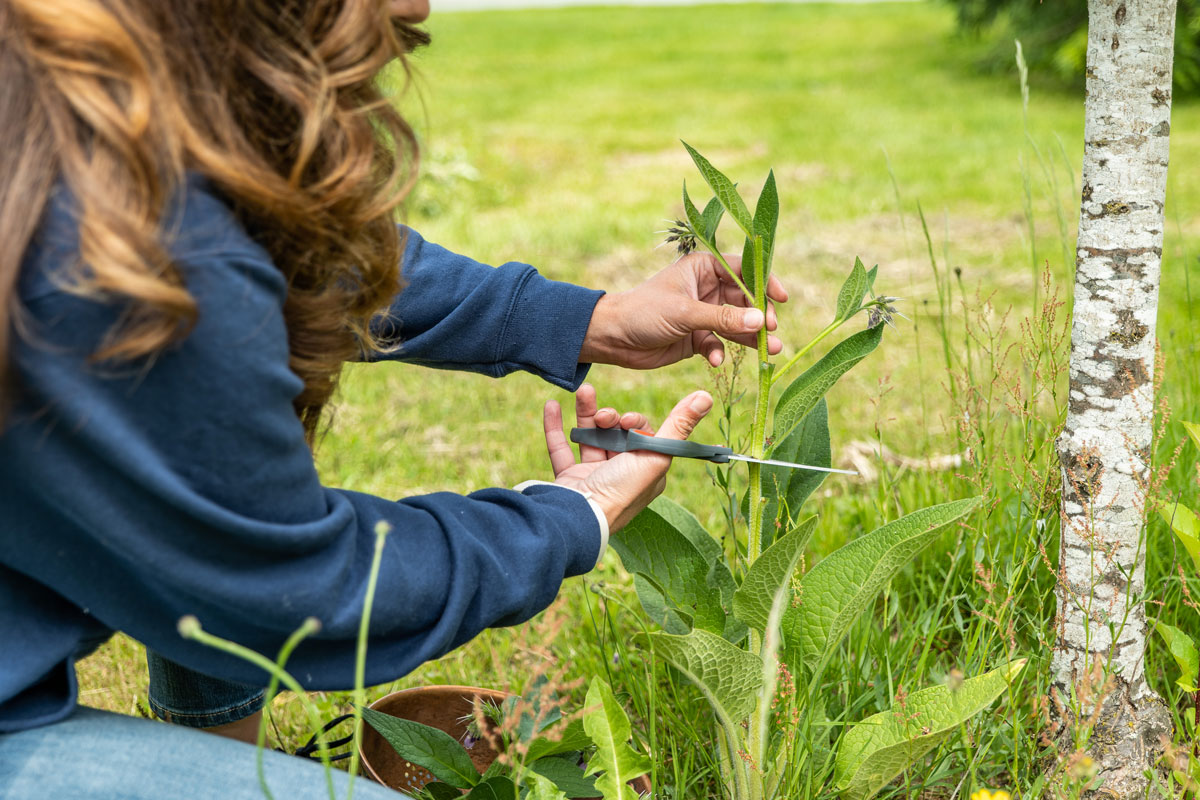
When it comes to Western Medicine, especially in the United States, most of us are unfamiliar with using herbs daily. Because the commonplace knowledge of these herbs isn’t widespread, it tends to make many people nervous about using herbs instead of an OTC medication.
Natural Remedies Made Simple

Start your home apothecary with confidence—even if you’re brand new. Learn how to choose the right herbs for your body using the simple principles of herbal energetics.
Discover how warming, cooling, drying, and moistening herbs affect your body—so you can stop guessing and start making remedies that actually work.
Table of Contents[Hide][Show]
Why I Love Herbs
After years of designing my cottage garden to double as a medicinal herb garden, I realized I was missing out on the beauty that these herbs bring to the garden.
Not only that, but these beautiful flowers and herbs can be used to make countless herbal remedies at home. There are some things you need to know about how to harvest herbs for medicinal purposes and how to dry herbs for stronger medicinal properties. Be sure to check out those posts!
I also love drinking tea, and so naturally, I love using fresh and dried herbs to make herbal medicinal teas at home.
But my favorite thing about herbs is that they’re not used for a singular purpose. Many herbs have multiple benefits and can be used for various reasons.
In contrast, over-the-counter (OTC) medications, such as an expectorant, for example, are used for one singular reason. To loosen phlegm so it can be expelled from the body. Though it may have some side effects, its purpose is singular.
Garlic is a perfect example of an herb with multiple uses. It’s great to treat a cold or the flu because it’s anti-inflammatory and antimicrobial, and it can be used as an expectorant. (Source)
It’s important to note that I am not a certified medical practitioner. This post is not intended to diagnose or treat but is for informational purposes only. Please contact your healthcare professional before introducing new herbal remedies into your wellness routine.
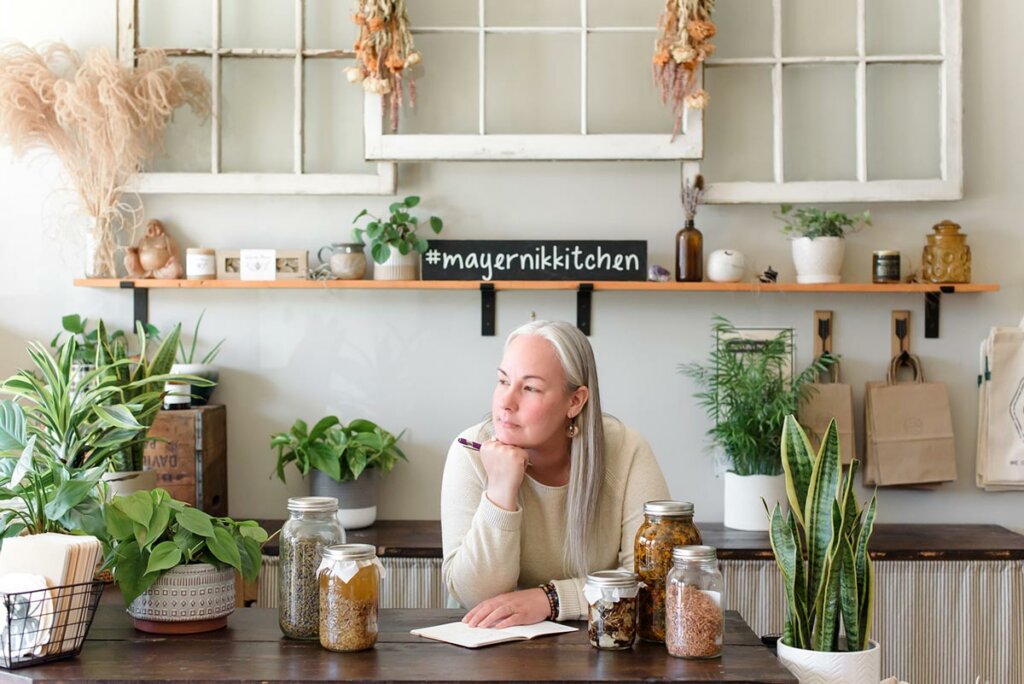
About Shannon
Shannon Mulligan-Mayernik is an herbalist and plant medicine maker based in Northern New Jersey and the co-owner of Mayernik Kitchen, a Modern Day Herbal Apothecary.
Alongside her husband Matt, they opened up a retail shop where they sell plant medicine made from plants grown on their herb farm in New Jersey. Shannon is a graduate apprentice of herbalist Robin Rose Bennett and a graduate of the Chestnut School of Herbs.
Shannon also graduated from the Academy of Culinary Nutrition in 2015 and became a Master Food Preserver in 2019.
Not only is Shannon creating a community around all things local and homemade, but she is also striving to educate on growing and using medicinal herbs to enhance your everyday routines and rituals.
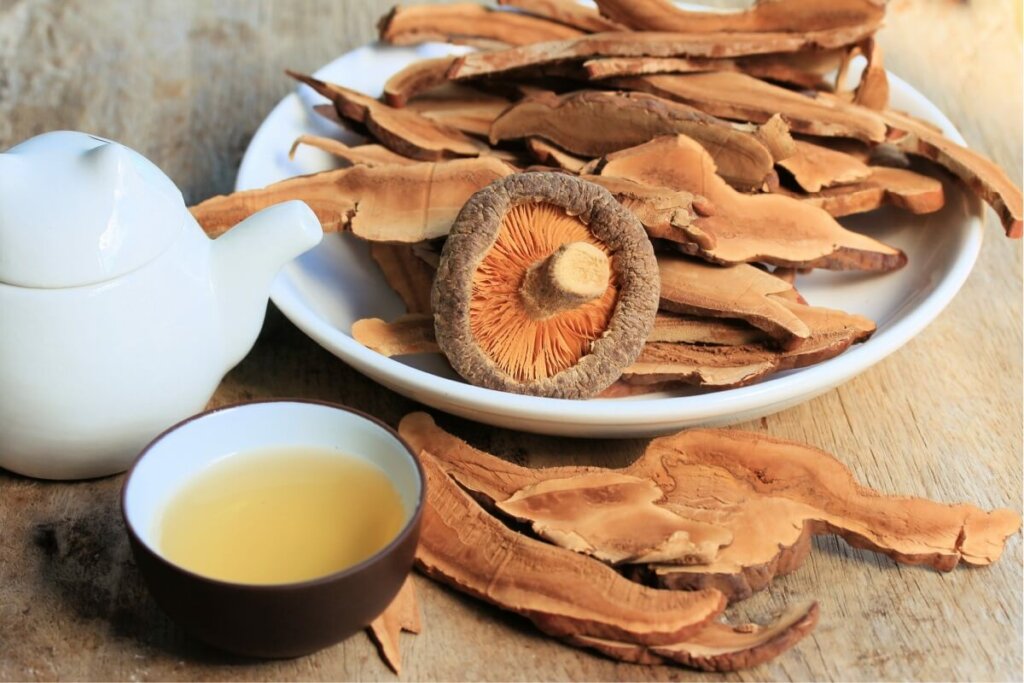
What are Adaptogens?
Adaptogens are herbs, roots and other plant substances (like mushrooms) that help your body get back into homeostasis. They help our bodies during stressful situations (whether physical, emotional, hormonal, etc.) and help your body do what it was created to do, which is to heal itself. (Source)
Experts believe that adaptogens interact with the hypothalamic-pituitary-adrenal (HPA) axis, which initiates your body’s stress response and plays a big role in keeping your body in balance. (Source)
Adaptogenic herbs benefit all the systems in our bodies: the nervous system, cardiovascular system, endocrine system, digestive system, etc.
I like to classify these specific herbs as “balancers.” They help get you back into a balanced state.
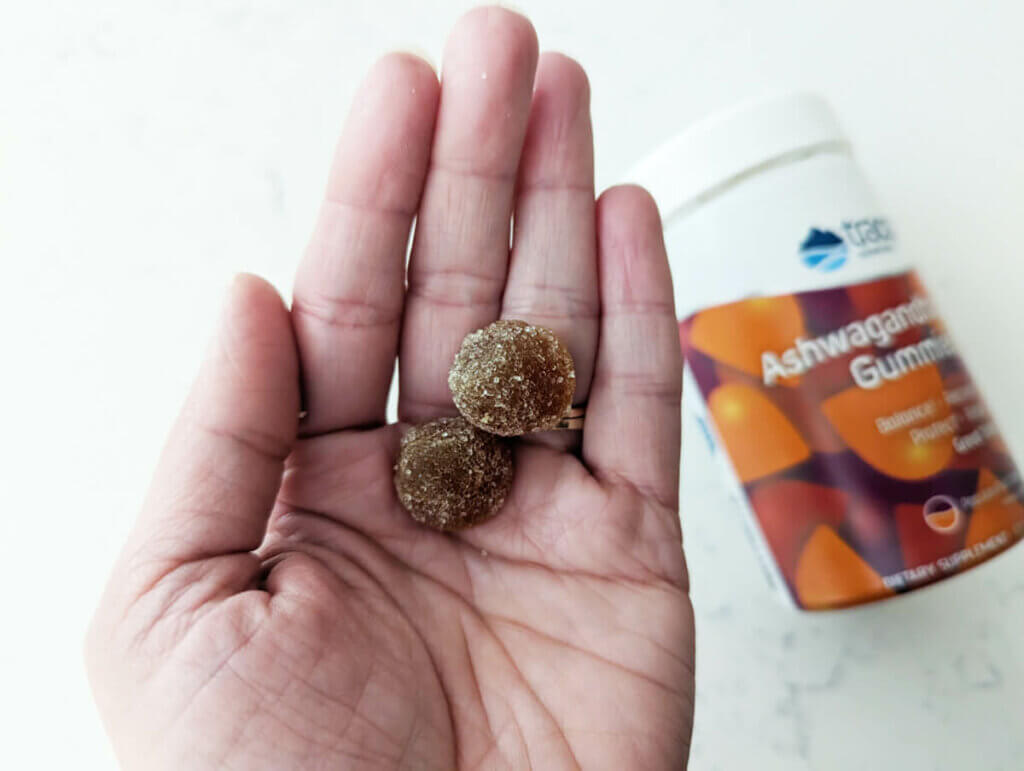
When To Take Adaptogenic Herbs
In the world of herbalism, we tend to take herbs when we have an acute illness (sore throat, cough, congestion, etc.). We take these herbs, and once we feel better, we stop taking them.
Adaptogenic herbs are a bit different in that they’re meant to be used more as a long-term approach to finding balance.
I prefer taking herbs in tincture form, but my kids don’t always enjoy that. Azure Standard sells Ashwagandha Gummies (pictured above) that work great in a pinch! Right now, for first-time Azure customers, you can get 10% off your order of $50 or more by using coupon code “Melissa10” at checkout.
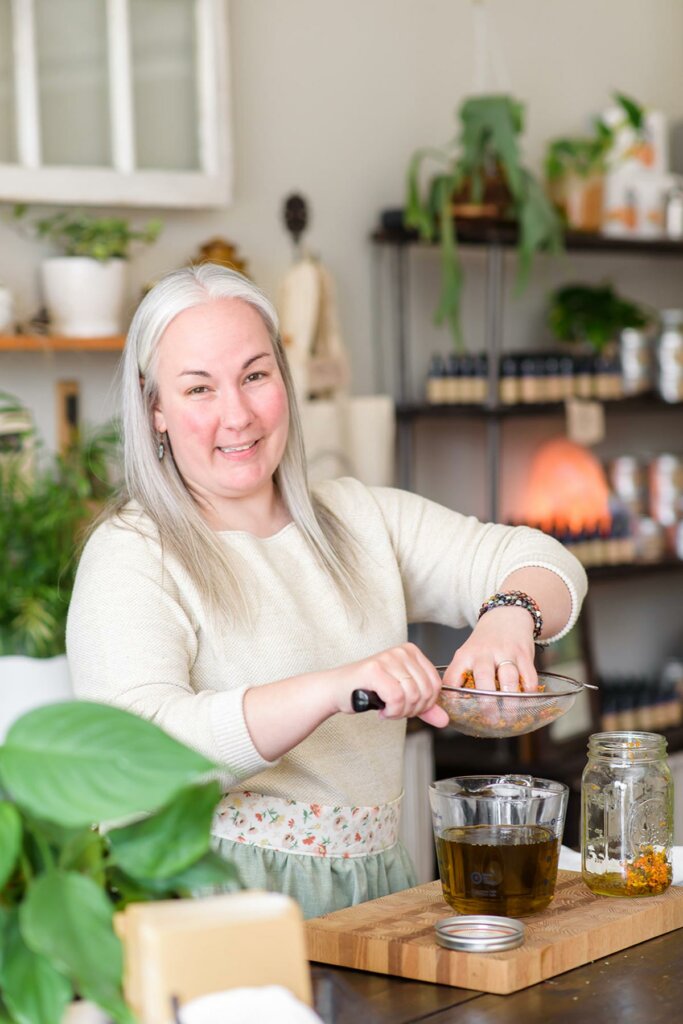
Adaptogenic Herbs
It’s important to note that not all herbs are adaptogens. For an herb to be considered an adaptogen, it must meet the following criteria:
- Nontoxic herbs that don’t have negative reactions when used long-term.
- Support the body’s stress responses.
- Help the body return to homeostasis (a stable state).
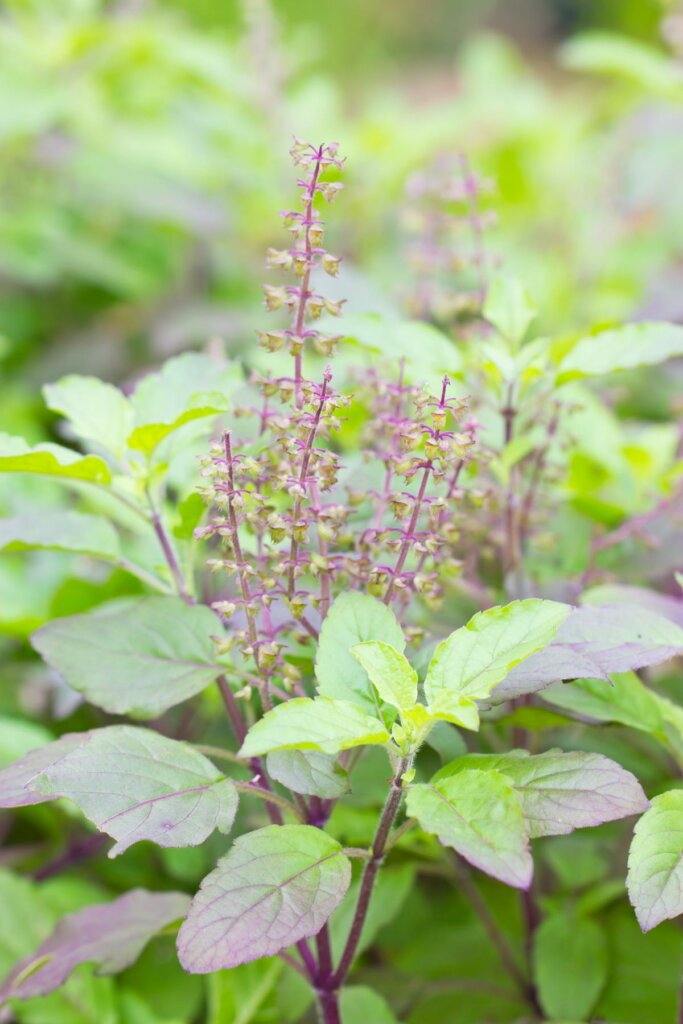
Common Adaptogens & Their Uses
- Astragalus – immune modulator, antibacterial, immune restorative, and immune stimulant. (Source)
- Ashwagandha – Ashwagandha can help reduce anxiety and depression. (Source)
- Ginseng – Helps with fatigue. (Source)
- Reishi – Reishi is a mushroom adaptogen that can help boost the immune system. (Source)
- Rhodiola – Helps with fatigue, pain and depression. (Source) (Source)
- Schisandra – Improves focus/concentration and endurance. (Source)
- Tulsi (“holy basil”) – Improves focus, decreases anxiety and boosts the immune system. (Source)
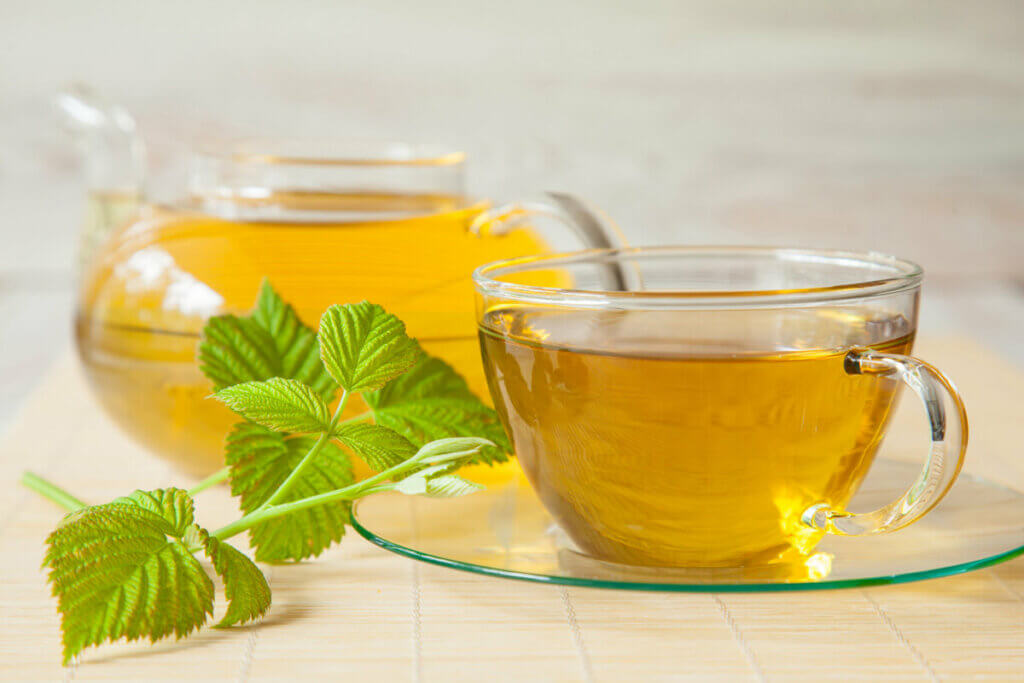
How to Use Adaptogens
It’s impossible to say exactly how much and how long you’ll need to use adaptogens before you start seeing results. Our bodies are all different.
For one person, drinking one cup of tulsi tea may have amazing calming benefits. For someone else (like myself), I find I need to be consistent with my intake of adaptogens for longer periods of time before I start reaping the benefits.
Shannon recommends the “two-week rule.” Give herbs a solid two weeks before deciding if it’s working for you or not.
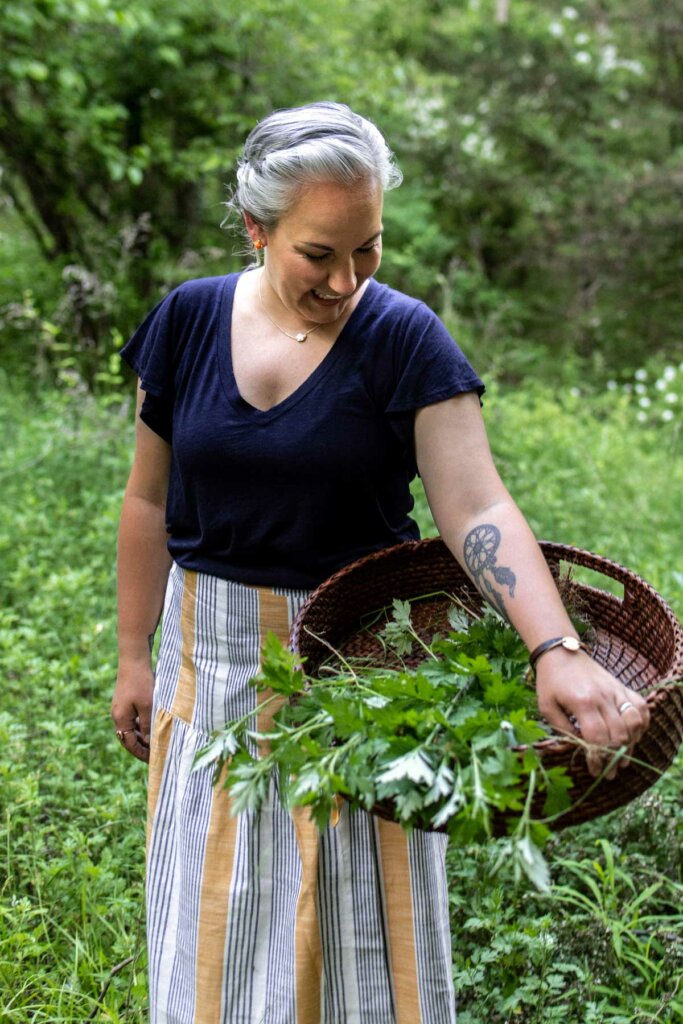
Listen To Your Body
One of the most important things when introducing herbs into your routine is to listen to your body. If we’re aware of how we’re feeling and reacting to the herbs, we can catch a small issue well before it becomes a large issue.
I like to say start with small doses first, then work your way up to therapeutic doses. Drink one cup of tulsi tea slowly to ensure your body doesn’t have any adverse reactions, then work your way up to multiple cups per day.
Listening to our body can help prevent larger issues as well. And I encourage you to create margin in your life.
In today’s society, we’re so accustomed to this fast-paced life and tend to push through minor aches or pains.
We power through a dull ache in our head and do our best to ignore it. Until finally it’s turned into a full-blown headache that’s screaming at us.
By addressing the smaller issues, we can often prevent the larger issues.
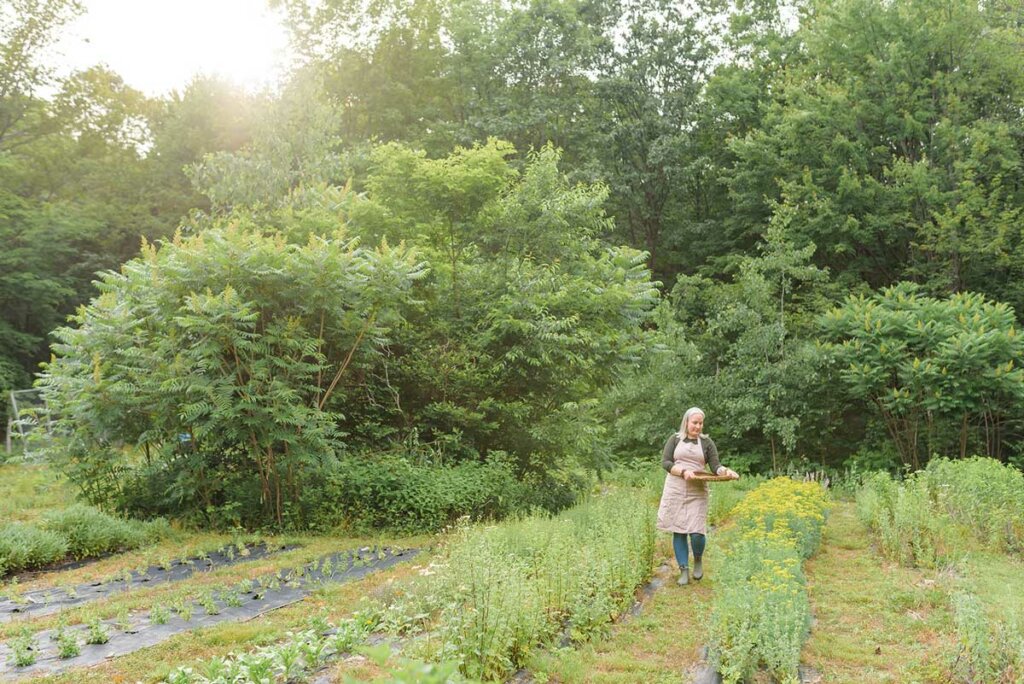
Growing Adaptogens at Home
One of the easiest adaptogens to grow at home would be tulsi (holy basil). Shannon also recommends lemon balm, rosemary, thyme, sage and even ashwagandha.
Shannon recommends starting all herbs indoors and then transplanting after the last threat of frost has passed. Be sure to check into each individual plant to know if the seed needs to be cold-stratified prior to planting.
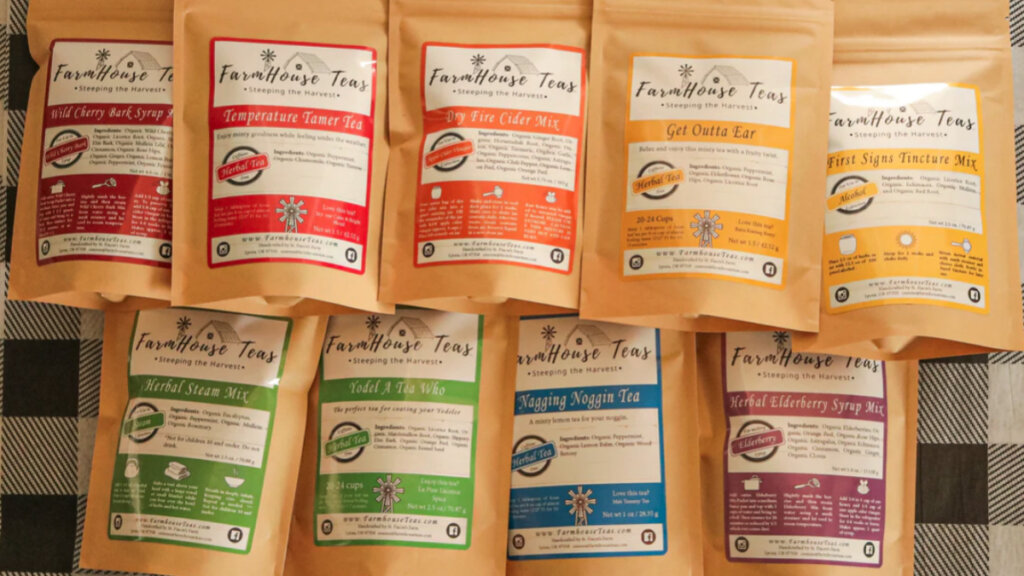
Buying Adaptogens
If you’re looking to purchase adaptogenic herbs, I highly recommend starting to build up your medicinal herb cabinet now. There’s nothing worse than needing an herb right now and not being able to get the herbs for two days or more.
Where to Buy Herbs
I have a handful of my tried and true favorites for purchasing herbs. You can take a look at each of them to see if they have what you need:
- Mayernick Kitchen – Check out what Shannon offers on her website and start building up your medicinal herb cabinet today.
- Farmhouse Teas – I’ve been an affiliate with Farmhouse Teas for many years, and have even come up with some herbal blends for various medicinal purposes over the years. They’re a great family-owned and operated company to support.
- HomeGrown Herbalist – Dr. Patrick Jones has been on the podcast numerous times and will be hosting an in-person herb course here at Norris Farmstead (September 2023). He has herbs, tinctures and other great remedies that he offers on his website. All of which are made on their farm.
Verse of the Week: Joshua 1:9
Practical Home Herbalism Course
It’s not too late to join my mini herb course (2023). If you want a solid foundation for treating yourself and your family with herbs, sign up for this free course.
This mini-series is just a taste of what we’ll dive into during my FREE herb training (on September 27, 2023). Make sure to reserve your spot on the waitlist today!
Where to Find Shannon
You can find Shannon on her website Mayernik Kitchen. And also follow along with her on Instagram and Facebook.
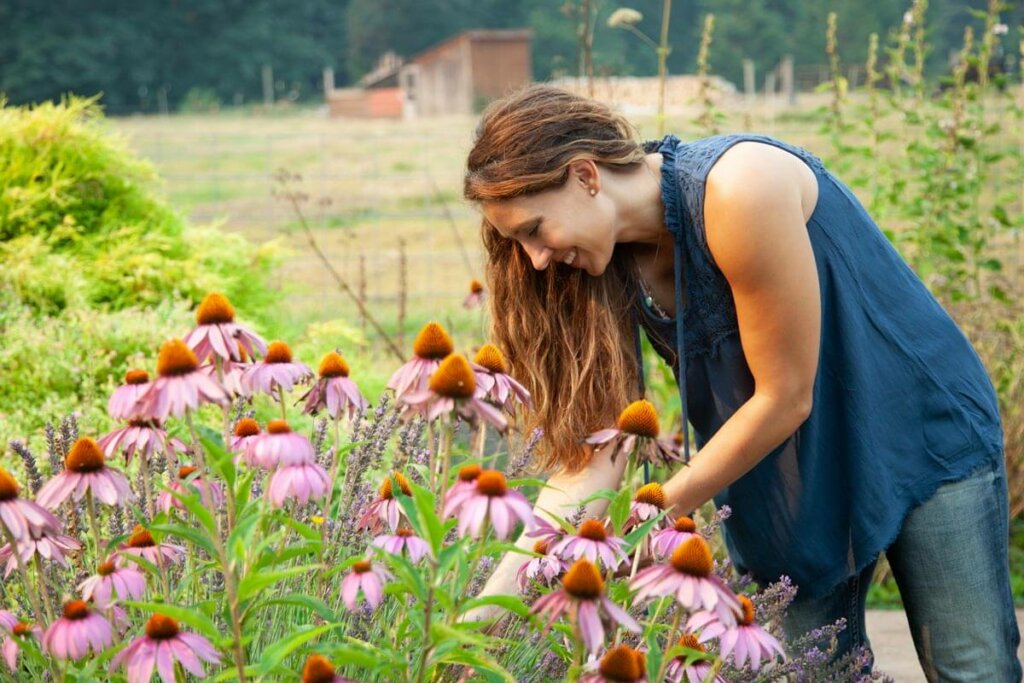
Other Articles You May Enjoy
- Stinging Nettle Benefits (Foraging & Preserving)
- Purple Dead Nettle (Foraging, Medicinal, and Cooking Guide)
- Comfrey Poultice (For Sprains, Strains & Broken Bones)
- How to Use Herbs and Natural Remedies at Home
- How to Harvest Herbs for Medicinal Purposes
- Herbal Remedies for Animals (Pets & Livestock)
- Medicinal Herb Garden (Planning & Growing)
- Best Methods for Drying Herbs for Stronger Medicinal Properties
- How to Make Herbal Tea
- How to Design a Cottage Garden
[fusebox_transcript]
